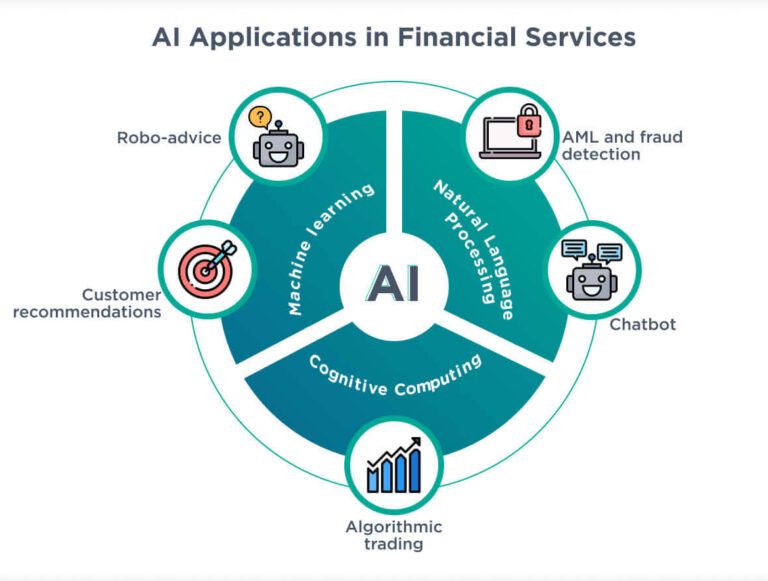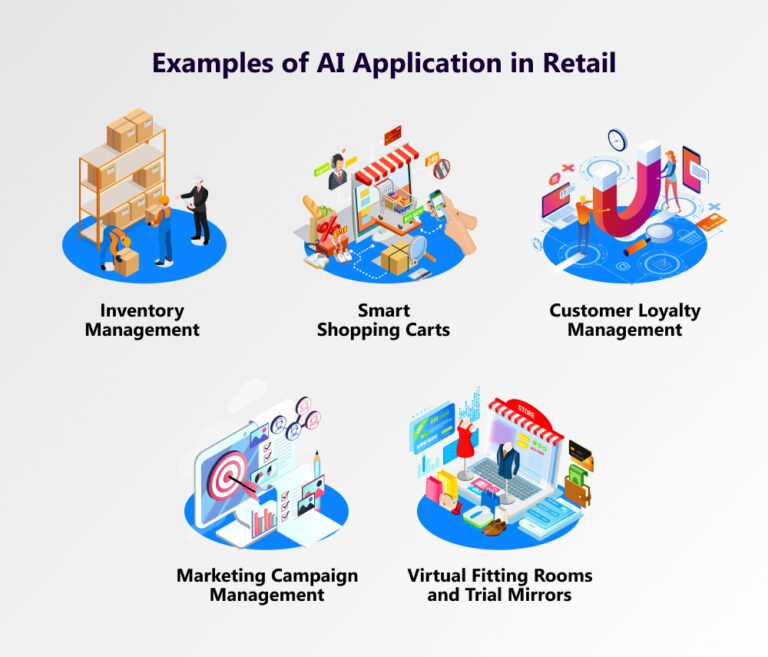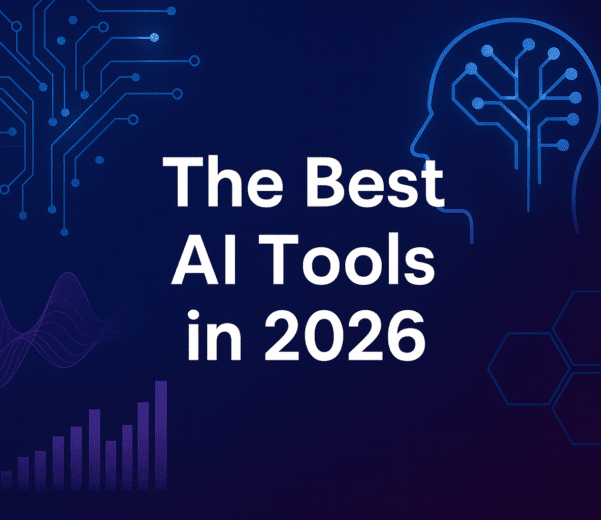AI, or artificial intelligence, refers to the ability of a computer or machine to mimic human cognitive functions, such as learning and problem solving. In recent years, there has been increasing interest in the potential for AI to assist with decision-making and improve efficiency in businesses.
One way in which AI can assist with decision-making is through its ability to analyze large amounts of data and provide insights that may not be immediately apparent to humans. AI systems can process and analyze data at a much faster rate than humans, and can identify patterns and trends that might be overlooked by human analysts. This ability to quickly and accurately analyze data can be particularly useful for businesses that have large amounts of data to work with, such as e-commerce companies or healthcare providers.
AI has been used in a variety of industries to assist with decision-making, including healthcare, finance, and retail. In the healthcare industry, AI systems have been used to analyze medical images and assist doctors in making diagnoses. For example, an AI system might be trained to recognize patterns in X-ray images that are indicative of certain medical conditions, such as lung cancer. This can help doctors to make more accurate diagnoses and treatment plans, and can also help to reduce the workload of medical professionals by automating some of the data analysis tasks.
In the finance industry, AI has been used to analyze market trends and assist with investment decisions. AI systems can analyze data on stocks, bonds, and other financial instruments to identify patterns and trends that might indicate a good investment opportunity. This can be particularly useful for hedge funds and other investment firms that need to make rapid decisions based on large amounts of data.

AI has also been used in the retail industry to analyze customer data and inform decisions about pricing and inventory management. For example, an AI system might be used to analyze data on customer purchase history, demographics, and other factors to identify trends and patterns that could inform decisions about which products to stock and at what price. This can help retailers to optimize their inventory and pricing strategies, and can also help to improve the overall customer experience by ensuring that the products and services offered are tailored to the needs and preferences of the target market.

The use of AI for decision-making has the potential to increase the accuracy and speed of decision-making, as well as reduce the workload of human decision-makers. However, it is important to ensure that AI systems are trained on diverse and representative data to avoid bias in decision-making. There have been instances where AI systems have exhibited bias, such as in the case of a resume screening tool that was found to be more likely to recommend male candidates over female candidates. To avoid this type of bias, it is important to carefully consider the data that is used to train AI systems and to ensure that it is representative of the population that the AI will be used to serve.
In addition to assisting with decision-making, AI has the potential to improve efficiency in businesses by automating tasks and processes. This can free up human workers to focus on more high-level tasks, potentially increasing productivity. AI has been used in a variety of industries to improve efficiency, including manufacturing, transportation, and customer service.
For example, in manufacturing, AI systems can be used to monitor and optimize production processes, reducing the need for human intervention. For example, an AI system might be used to monitor the performance of a production line and identify bottlenecks or other issues that are causing delays. The AI system could then recommend changes to the production process that could help to improve efficiency and reduce waste.

In customer service, AI can be used to handle routine inquiries, allowing human customer service representatives to focus on more complex issues. For example, an AI chatbot might be used to answer common customer questions about products or services, freeing up human customer service representatives to handle more complex or sensitive inquiries. This can help to improve the efficiency of the customer service process, and can also help to improve the overall customer experience by ensuring that customers are able to get the help they need in a timely manner.

The use of AI to improve efficiency in businesses can result in cost savings and increased productivity. However, it is important to consider the potential for job displacement as a result of AI implementation. In some cases, the use of AI may result in the elimination of certain jobs, as tasks that were previously performed by humans are automated. It may be necessary to retrain workers for new roles or to implement measures to mitigate the impact of job loss on affected employees.
There are also ethical considerations to take into account when implementing AI in businesses. It is important to ensure that AI systems are transparent and accountable, and to consider the potential for unintended consequences of AI decisions. For example, if an AI system is used to make hiring decisions, it is important to ensure that the system is not biased against certain groups of people. Safeguards should be put in place to protect against bias in AI systems, and to ensure that AI is used in a responsible and ethical manner.
In conclusion, AI has the potential to assist with decision-making and improve efficiency in businesses. By analyzing data and automating tasks and processes, AI can help businesses to make informed decisions and increase productivity. However, it is important to consider the challenges and considerations associated with implementing AI, including ethical considerations and the potential for job displacement. By carefully considering these issues, businesses can ensure that they are able to maximize the benefits of AI while minimizing the risks.












